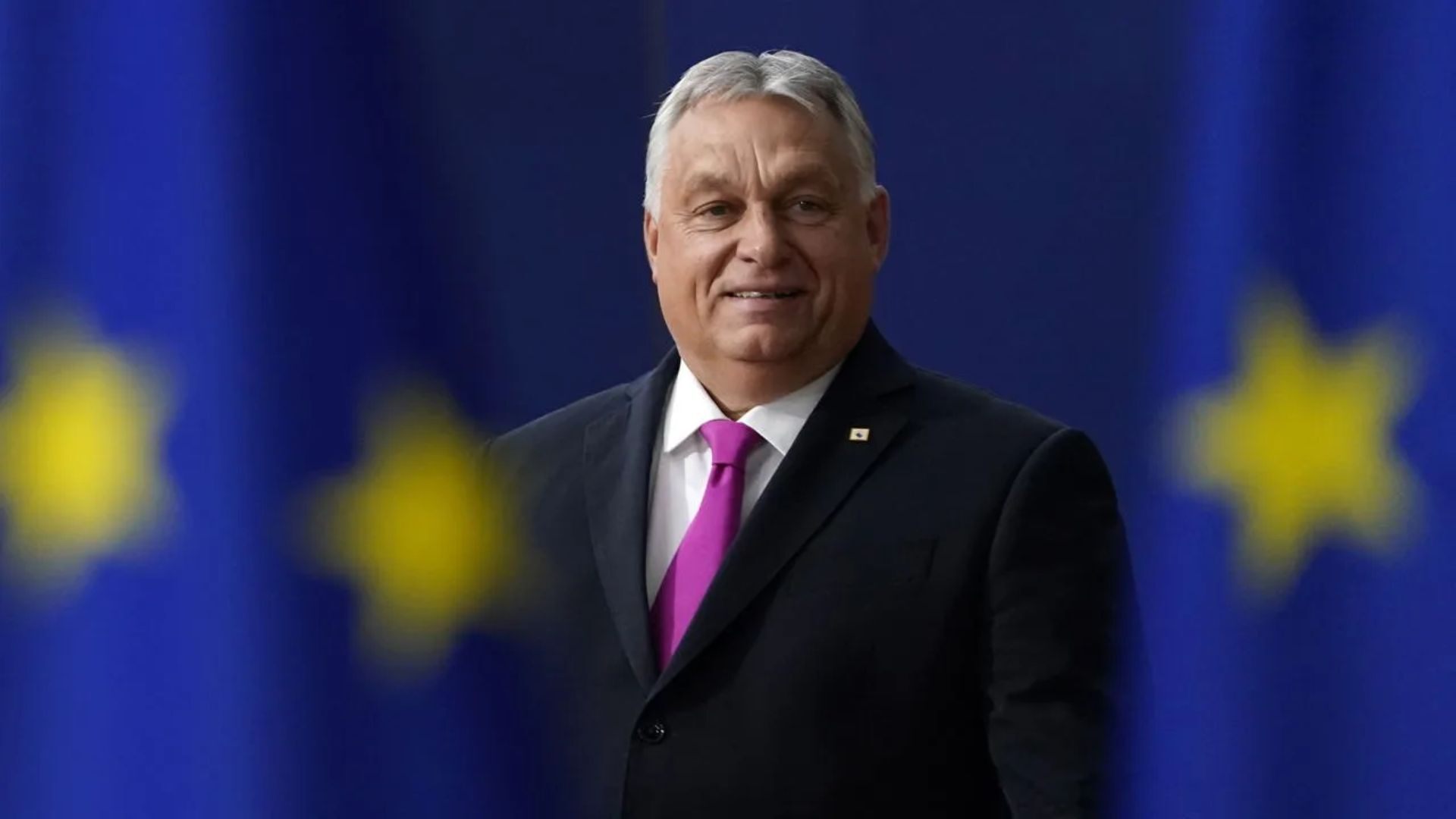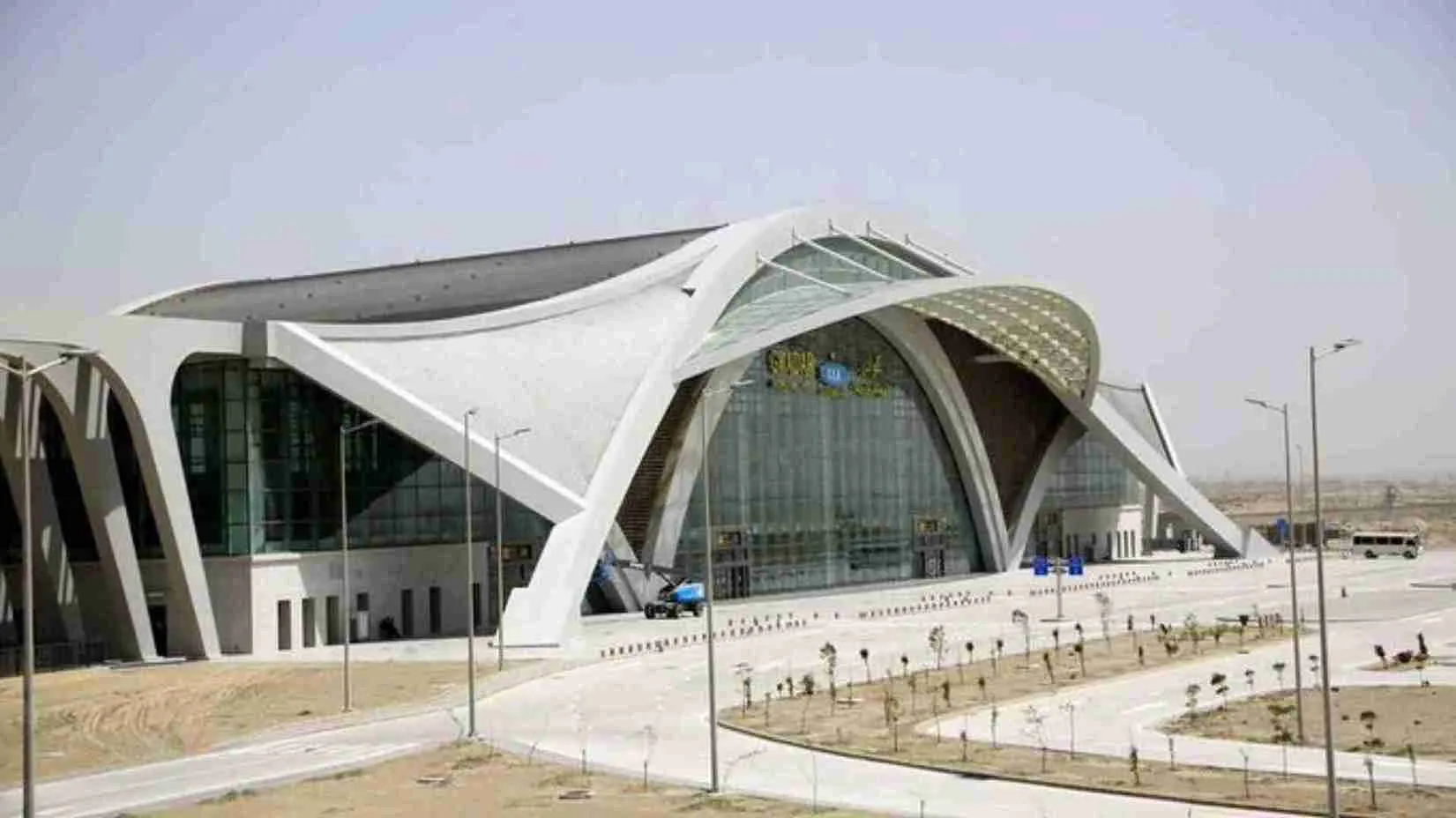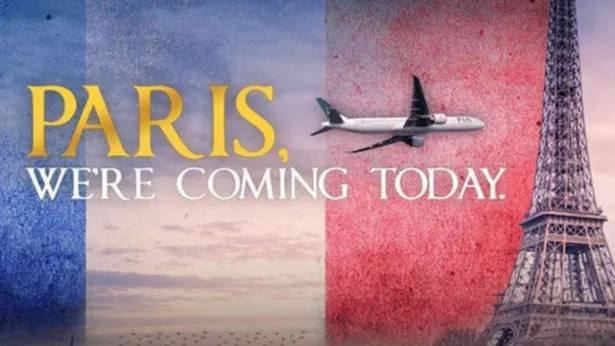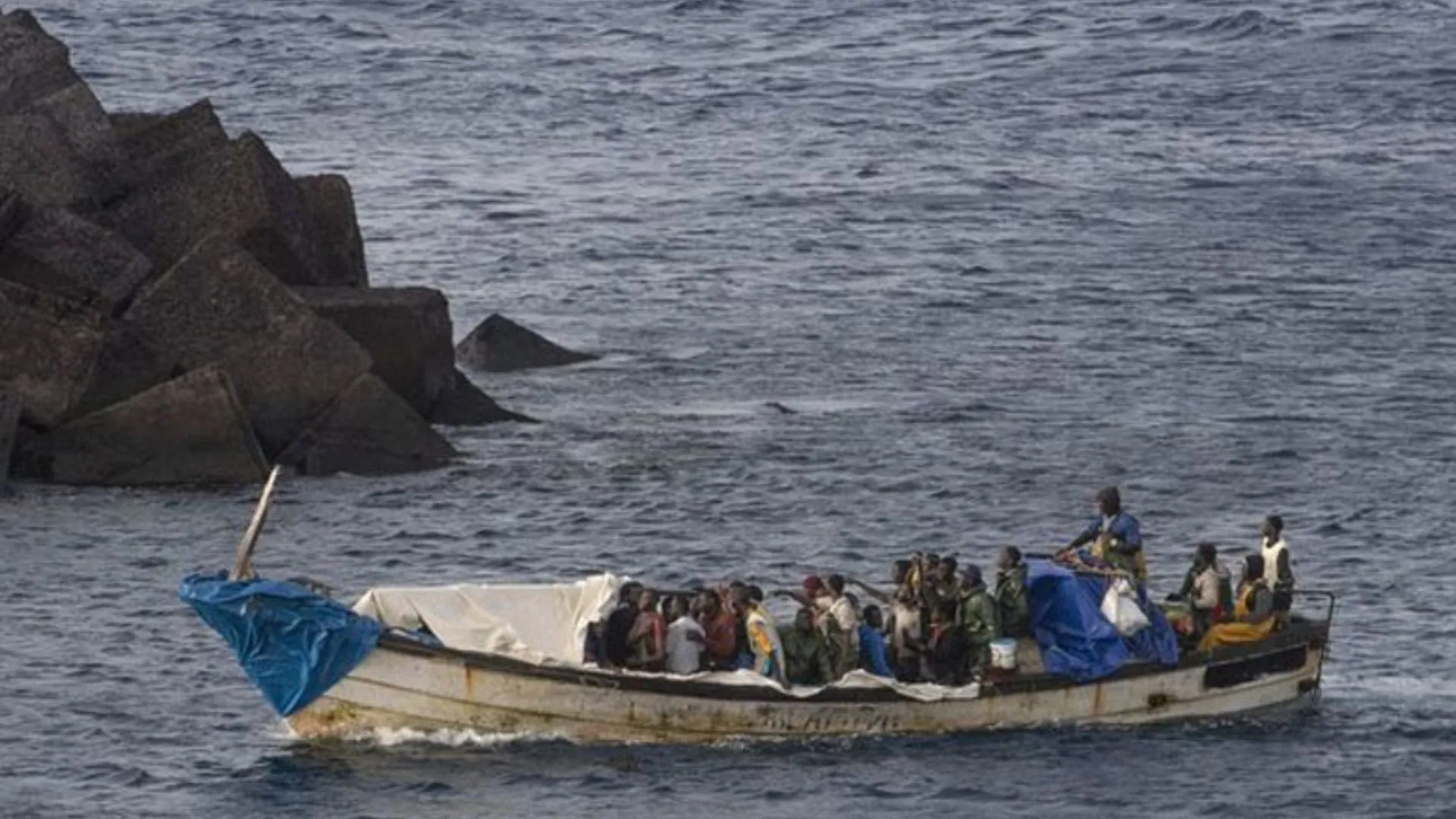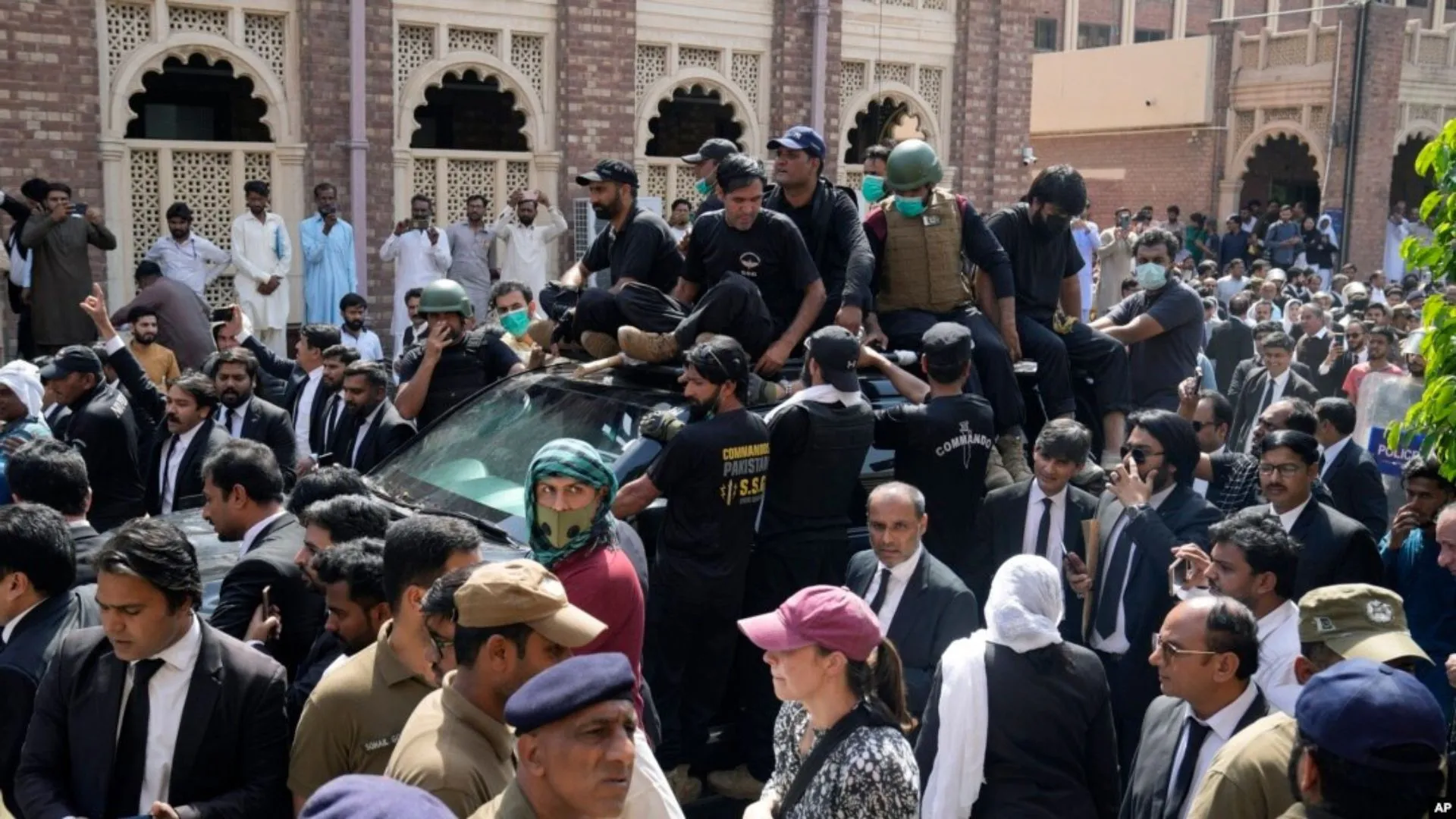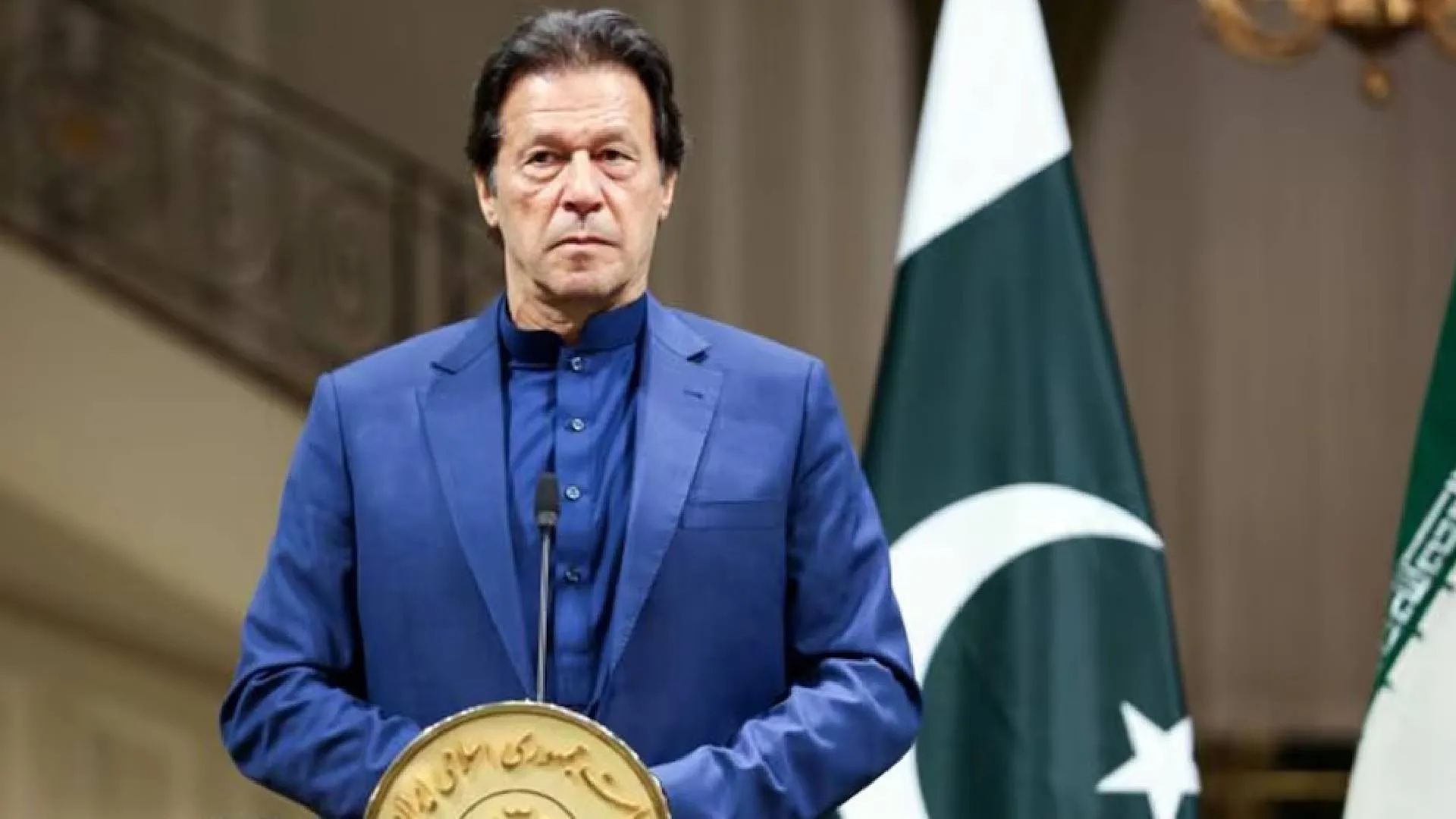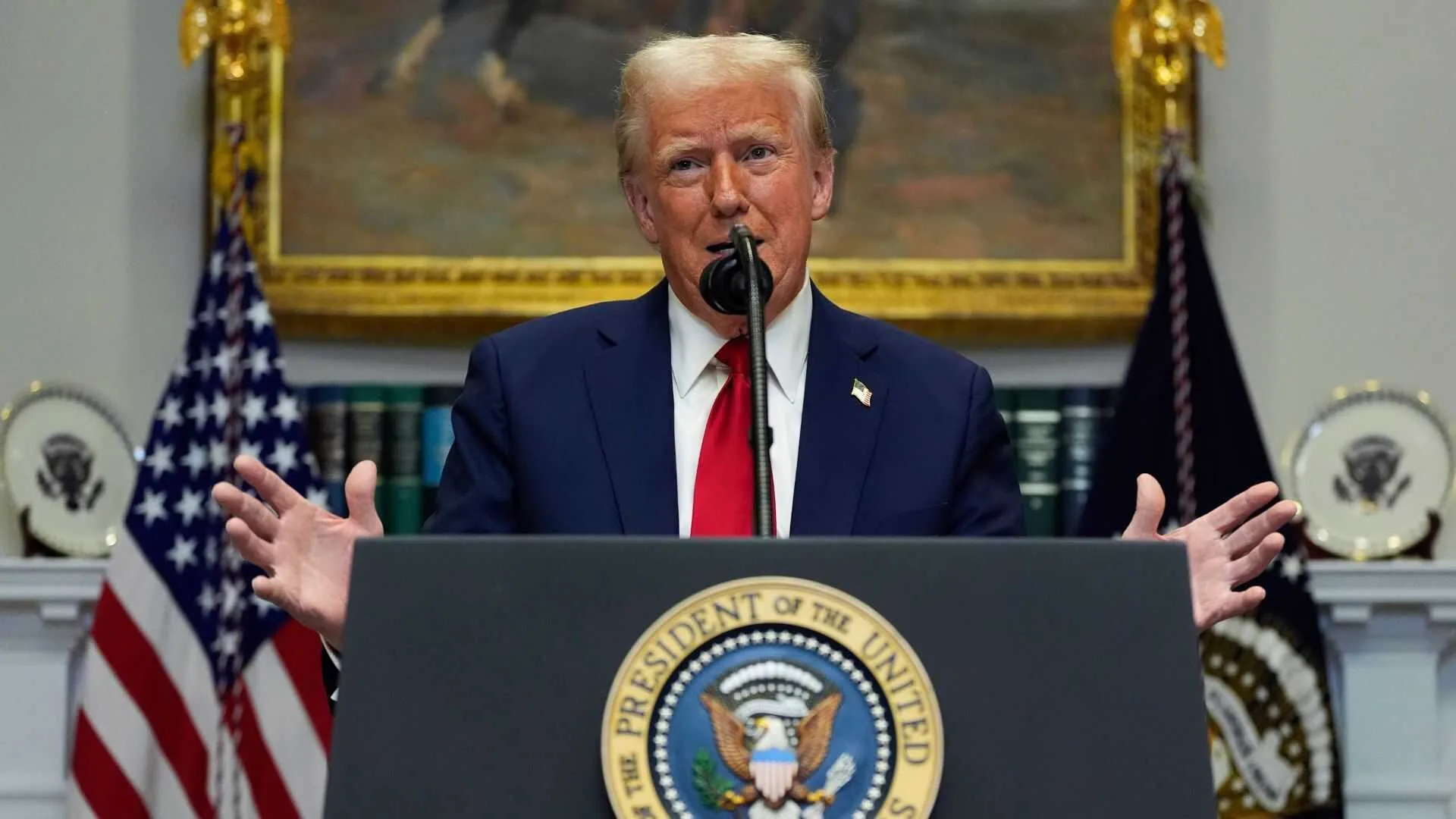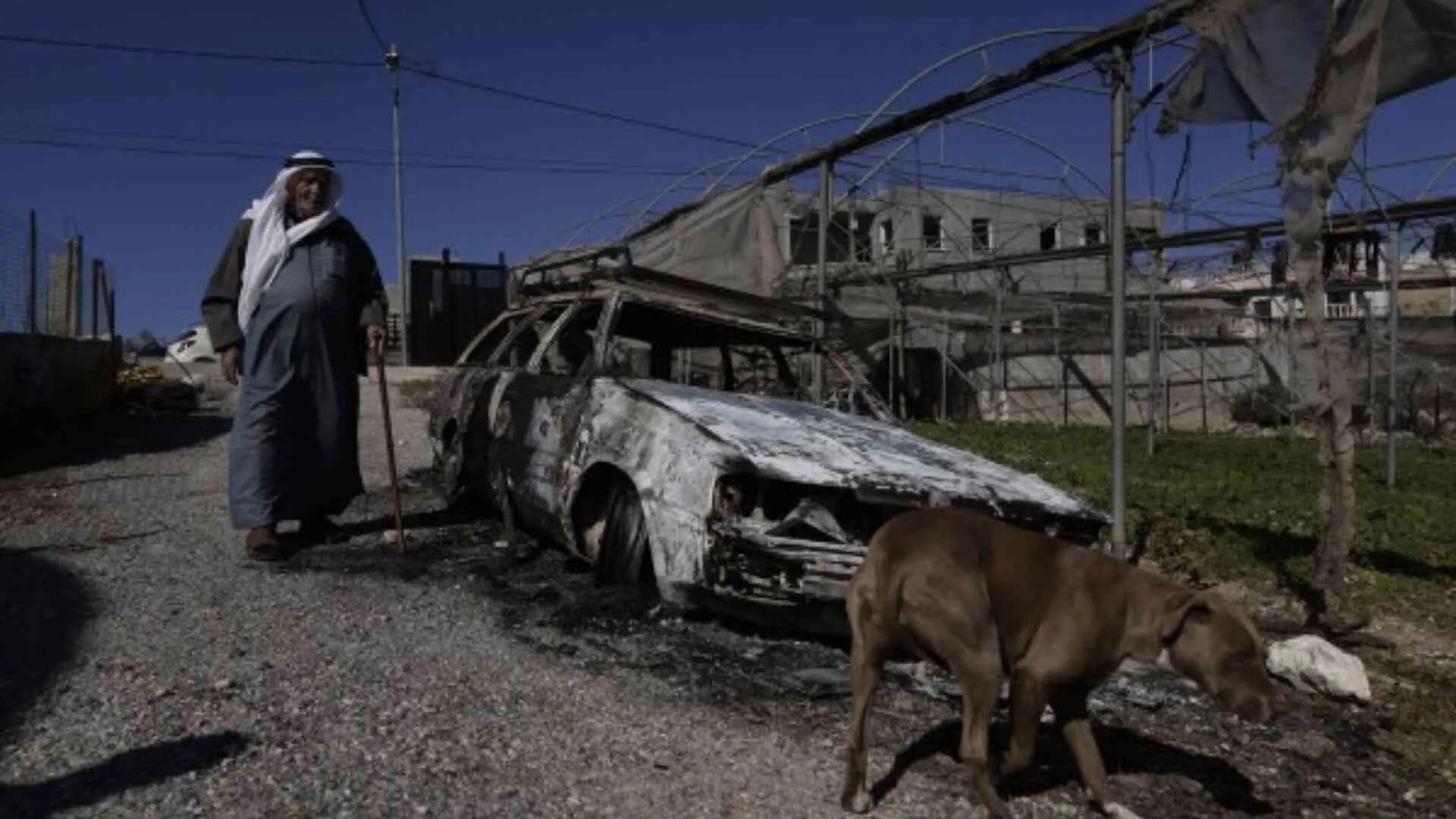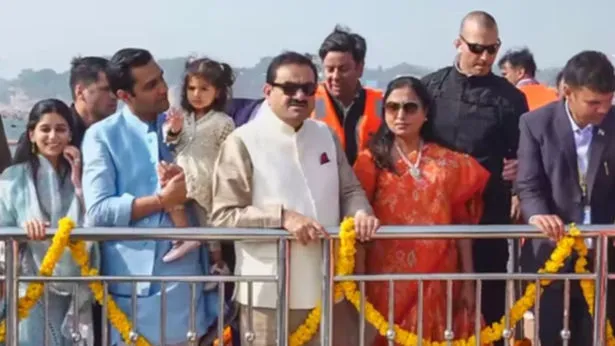Top EU officials will boycott informal meetings hosted by Hungary during its EU rotating presidency, following Hungarian Prime Minister Viktor Orbán’s unauthorized meetings with foreign leaders about Ukraine. This decision, announced by European Commission spokesperson Eric Mamer on Monday, reflects the growing frustration among European partners.
The European Commission president, Ursula von der Leyen, and other top officials will abstain from attending these informal meetings, with senior civil servants stepping in instead. The boycott follows Hungary’s assumption of the rotating presidency on July 1. Since then, Orbán has conducted a series of visits to Ukraine, Russia, Azerbaijan, China, and the United States, which he described as a “peace mission” aimed at ending the war in Ukraine.
Orbán’s actions, including meetings with Russian President Vladimir Putin and Chinese President Xi Jinping, have infuriated EU leaders. They were not informed of his plans, and his government’s pro-Russian stance has diverged sharply from the policies of most EU countries, particularly regarding support for Ukraine. Hungary has refused to supply Kyiv with weapons and has threatened to block financial assistance to the country.
Hungary’s Europe minister, János Bóka, criticized the European Commission’s decision, stating that the body “cannot cherry-pick institutions and member states it wants to cooperate with.”
Orbán’s political director, Balázs Orbán, defended the prime minister’s actions, claiming he had briefed other EU leaders in writing about the negotiations and Hungary’s proposals. He stressed the need for a “realistic assessment” of the situation and a change of direction for achieving peace.
Despite Hungary’s calls for an immediate ceasefire and peace negotiations, the government has not clarified what these moves would mean for Ukraine’s territorial integrity and future security. Hungary’s close ties to Moscow, even after Russia’s full-scale invasion in February 2022, have drawn criticism from EU and NATO members.
Orbán’s unannounced visit to Moscow on July 5 for talks with Putin, the first such visit by an EU head of state or government in over two years, prompted a sharp response from von der Leyen. She accused Orbán of attempting to appease Putin, stating on X: “Appeasement will not stop Putin. Only unity and determination will pave the path to a comprehensive, just, and lasting peace in Ukraine.”
Orbán’s actions have been condemned as undermining the unity and interests of the EU and NATO, with critics accusing him of pursuing an “appeasement” strategy towards Russia’s aggression.

